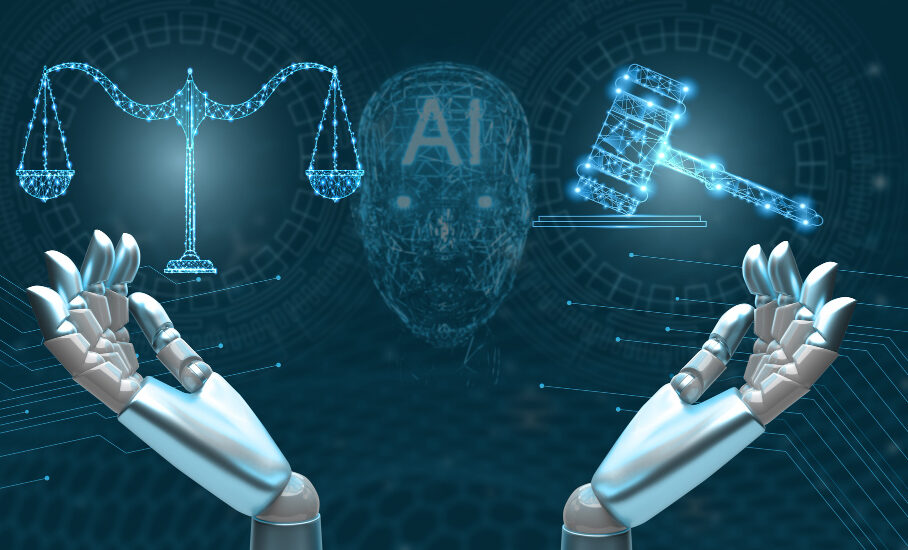Alex Monaco unveils Grapple Law, an AI-powered legal service with no lawyers employed
A solicitor has launched what he calls the UK’s first AI-only employment law service, aiming to cut costs and open up access to justice for people who have never turned to a traditional law firm.
Grapple Law, which went live on 19 September, is powered entirely by artificial intelligence. It employs no human lawyers and instead offers consumers both legal advice and representation through subscription packages.
For £20 a month, users receive legal advice. For £50, Grapple Law will go further, drafting letters to employers and responding on clients’ behalf under its brand name. In its testing phase, the company instead charged 10% of compensation recovered—an arrangement early users praised online.
The new platform also handles disputes with insurers—covering motor, home and contents, pet, travel and income protection policies—as well as claims against airlines for cancellations and baggage delays.
The venture is a spin-out of Monaco Solicitors, a London-based employment law firm that bills itself as the UK’s largest dedicated specialist representing individuals only. Grapple Law’s founder, Alex Monaco, remains chairman of Monaco Solicitors but is now working full-time on the AI business. He has spent five years and around £1 million developing the technology.
Unlike Garfield Law, another AI-only practice that launched earlier this year, Grapple Law is not a regulated law firm. Monaco said he had spoken to regulators but argued there was little point in regulating a business without lawyers. “The regulators aren’t designed to regulate software,” he said, though he acknowledged regulation could be useful for branding purposes later.
Embed from Getty ImagesThe site makes clear it is not regulated and does not carry professional indemnity insurance. To reassure users, Monaco has put his own name and reputation at the forefront. He will personally oversee Grapple Law’s output to ensure its quality.
Grapple can prepare tribunal paperwork, but cannot formally go on the record—meaning users must still represent themselves if their case proceeds to a hearing. “I would like to work on a bot you can take to court with you and either have in an earpiece or on your laptop,” Monaco said.
He argued that cases reaching the tribunal often signal failure elsewhere. “If a case has gone to a tribunal, it’s either broken or your lawyers aren’t doing a particularly good job. The problem with tribunals is that they’re lose/lose.”
Monaco is already eyeing international expansion. Yesterday, Grapple Law issued its first legal letter to Australia, representing a 62-year-old man with dyslexia. The man, undergoing cancer treatment, believed his gym had paused his membership but later discovered charges of A$800. Grapple Law drafted the complaint on his behalf.
To scale further, Monaco is crowdfunding £500,000 before pursuing a £3–5 million venture capital round.
The solicitor insists the technology can handle complex work with a “narrative” element, such as employment disputes, rather than just straightforward debt recovery. His existing firm also uses the software to lighten workloads for its lawyers. He had initially planned to white-label the technology for unions, charities and advice centres but pivoted to launch direct to consumers after spotting stronger demand.
“There will always be people who can afford lawyers and need them for the human touch,” Monaco said. “But there are many more who have never had access to law firms and frankly would never consider using a lawyer.”
He added that while Grapple is less personal, it is much faster than instructing a solicitor—and for many people, that trade-off is more than acceptable.
